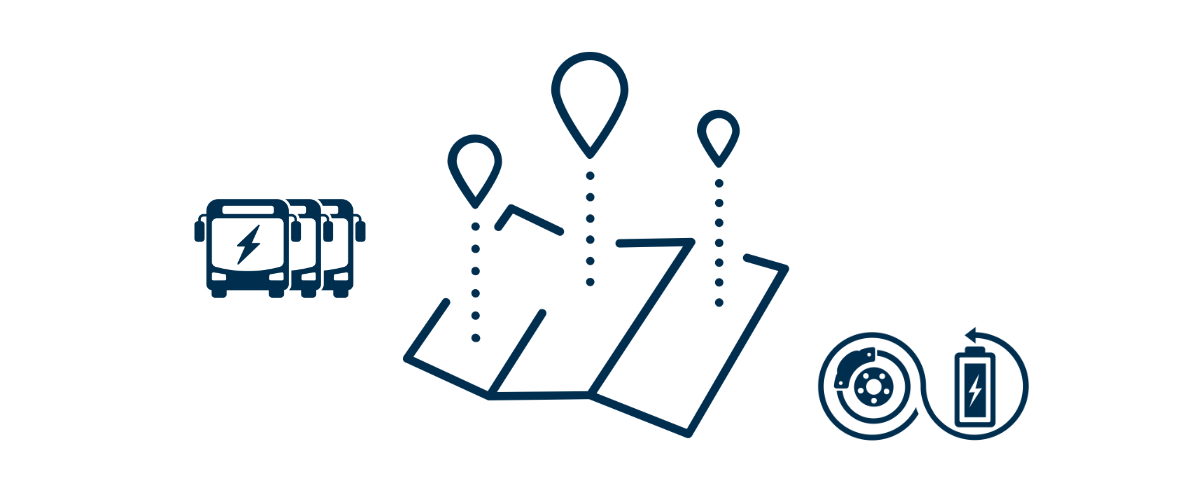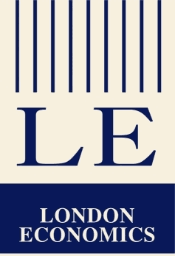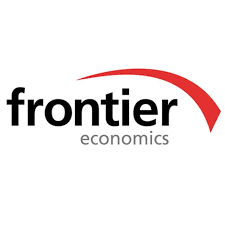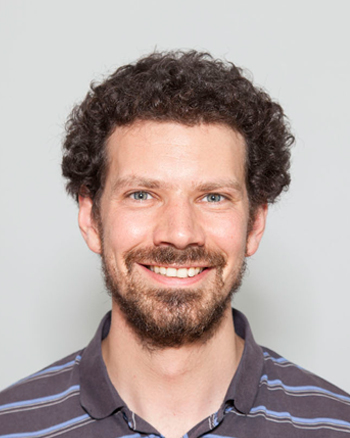
Buffered-HLL – Grid friendly, cost-efficient high-power charging system for medium sized, commercial public transport in suburban areas
18. February 2022Evaluating the usability of open source frameworks in energy system modelling (Berendes et al. 2022)
21. February 2022Development of toolkits and virtual trainings for integrating renewable energies into energy systems of Pacific islands

The project supported policy makers to achieve their sustainable development goals (SDGs) in pacific island countries and territories. Several renewable energy system planning toolkits were developed and a workshop strengthened decision makers' capacity to plan island energy systems based on renewable energy. Thus, this project supported the island countries in achieving the SDG7 goal of access to clean and affordable energy in the future. The project was carried out in collaboration with the project partners London Economics International and Frontier Economics and was funded by the ESCAP Energy Division of the United Nations.
Creation of toolkits and implementation of workshops
To achieve the project objectives, two toolkits were produced by the RLI and project partners to improve institutional capabilities in sustainable energy system planning. The first toolkit focused on harmonizing energy policy and regulatory strategies to support the integration of mini-grid systems into distribution grids. A set of slides and a video tutorial were compiled for this purpose. The information contained therein was based on positive case studies of high renewable energy islands, as well as the derived findings and recommended actions. Energy modeling and multi-criteria analysis tools were also presented to enhance the planning capabilities of the region's decision makers. These tools were applied in the virtual workshops with participating experts from the Pacific region.
Conversion from fossil fuels to hydrogen-based fuels
The second capacity building toolkit included more slides and recorded videos. Here, the focus was on the transition from fossil fuels to hydrogen-based fuels and the investments needed in the energy sector to make this happen. These toolkits are intended to guide policymakers in decision-making and provide them with tools of their own. For both toolkits, virtual trainings of about five hours duration were conducted to further enhance capacity building.
Project duration: October 2021 - February 2022
Creation of toolkits and implementation of workshops
To achieve the project objectives, two toolkits were produced by the RLI and project partners to improve institutional capabilities in sustainable energy system planning. The first toolkit focused on harmonizing energy policy and regulatory strategies to support the integration of mini-grid systems into distribution grids. A set of slides and a video tutorial were compiled for this purpose. The information contained therein was based on positive case studies of high renewable energy islands, as well as the derived findings and recommended actions. Energy modeling and multi-criteria analysis tools were also presented to enhance the planning capabilities of the region's decision makers. These tools were applied in the virtual workshops with participating experts from the Pacific region.
Conversion from fossil fuels to hydrogen-based fuels
The second capacity building toolkit included more slides and recorded videos. Here, the focus was on the transition from fossil fuels to hydrogen-based fuels and the investments needed in the energy sector to make this happen. These toolkits are intended to guide policymakers in decision-making and provide them with tools of their own. For both toolkits, virtual trainings of about five hours duration were conducted to further enhance capacity building.
Project duration: October 2021 - February 2022
The RLI assumes the following tasks:
- Development of toolkits for institutional capacity building regarding renewable island energy system planning
- Training in the use of energy modeling and decision-making tools for policymakers
- Creation of a video tutorial on the course topics.
- Regulatory harmonization to support the integration of mini-grid systems into distribution grids
- Organization and delivery of a virtual training on the use of the toolkits
In this project, RLI achieved the following results
- Two toolkits for institutional capacity building regarding planning of renewable island energy systems were developed
- Two workshops with stakeholders from Pacific island countries were conducted










